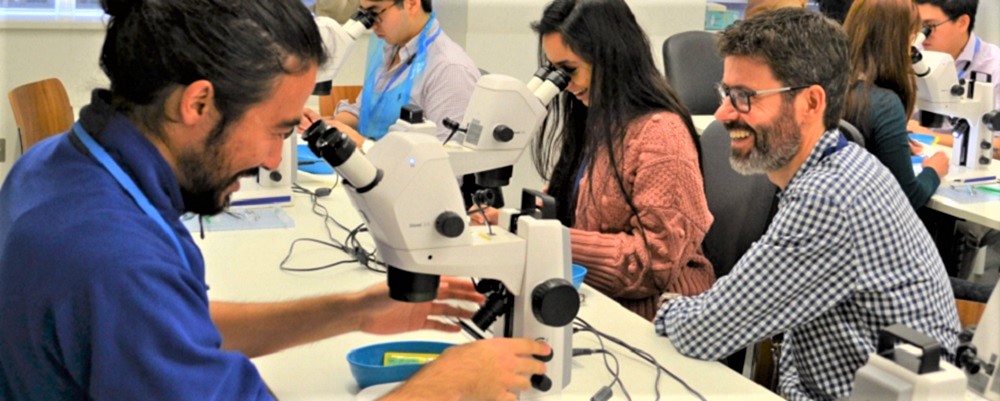Ophthalmic Research By All
Research is vital in providing the evidence needed to transform and innovate services and improve outcomes for health care; it ensures that clinicians and policymakers can make informed decisions about how eye care is delivered. Patients and the public can be assured that the care they receive is based on ground-breaking research.
The importance of research
The Care Quality Commission (CQC), a major NHS regulator, has incorporated clinical research into its inspection framework (section W8 of the Well Led Framework). This framework, along with the Health and Social Care Act 2012, formally recognises clinical research activity as a vital part of high-quality patient care within the NHS.
The Department of Health Social Care has set out its vision in ‘Future of UK Clinical Research Delivery: 2021-2022 Implementation Plan’ that participation in research will be assessed as part of professional revalidation.
Research in ophthalmology and visual sciences improves the health, well-being and wealth of people and societies by providing the knowledge and understanding that is required to inform. Key research areas include:
- Prevention of eye/vision conditions
- Diagnosis and treatment of eye/vision conditions
- Organisation and delivery of health and social care services for people with eye/vision conditions
- Organisation and delivery of services to minimise the broader impact of eye/vision conditions and support people with visual disability
- Promotion of visual health, vision-related quality of life and well being.








